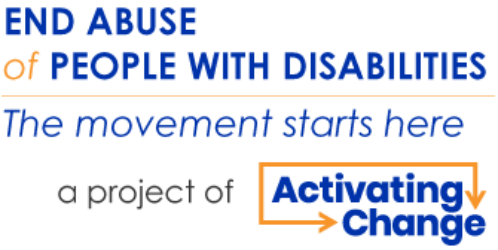Exploring Healing Among Survivors with Mental Health Conditions from BIPOC Communities
Black, Indigenous, and other people of color (BIPOC) face disproportionate amounts of trauma – including domestic and sexual violence. In addition to the present-day trauma experienced by Black and brown communities, these communities also experience historical trauma and community displacement. These intersecting traumas create barriers to healing and have a significant impact on mental health and overall wellness.
In many ways, BIPOC communities have had to look out for themselves and for each other to simply survive the systemic racism. Culture, community, and connection are pillars that support and uplift BIPOC individuals when the dangers of oppression and systemic racism threaten their communities. BIPOC communities have been powerful, unyielding, and revolutionary in combating these attempts to diminish their worth and value.
What would it look like if we supported and promoted culturally relevant and responsive forms of healing?
Join Olga Trujillo, Activating Change, as they facilitate a discussion to answer this question and more with Jolene Engelking, National Tribal Sexual Assault Resource Center Coordinator for the Minnesota Womens’ Sexual Assault Coalition and Lata D’Mello the Assistant Director of Monsoon Asians and Pacific Islanders in Solidarity. Together, they will explore the ways in which culturally specific and Tribal programs use community building and other unique approaches to help BIPOC survivors heal.

